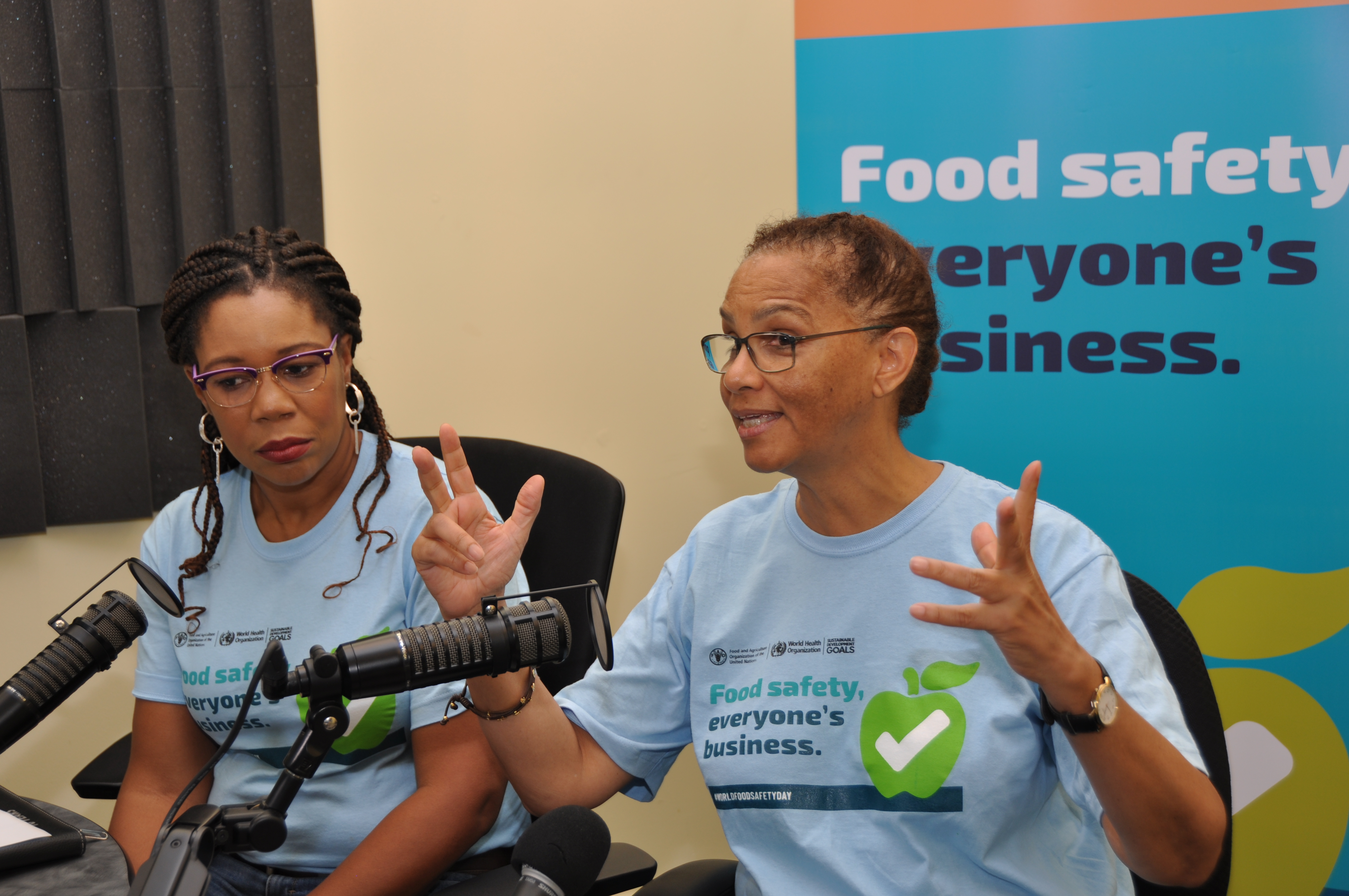The CCLAC Region - Regional Coordinator Ecuador
In 1976 a Coordinating Committee for Latin America, established by the 10th Codex Alimentarius Commission in 1974, held its first meeting in Rome with eight countries from the region in attendance. At its third session a proposal was made to change the name of the committee to its current form (Coordinating Committee for Latin America and the Caribbean) as this better reflected the membership of the region. In 1984 at its 31st session, the Executive Committee, acting on behalf of the Commission, agreed to this change.
The region of Latin America and the Caribbean is an important actor in the production and trade of food at a global level. The region produces enough food to supply itself and to export, with both water and land resources to produce even more.
The region has enormous natural wealth, a flourishing agricultural industry and a family farming sector that is essential for its population. The promotion and strengthening of food safety must be continued at the level of all regions to guarantee the health of consumers and fair and equitable trade.< /p>
The coordinator, Ecuador is based in AGROCALIDAD an agency attached to the Ministry of Agriculture and Livestock. They aim to create synergies between countries in the region, to provide mutual support in order to overcome regional problems and examine solutions to common challenges.
The coordinator further aims to strengthen collaboration among countries and strengthen the participation of developing countries in the Commission and its subsidiary bodies.
CCLAC Coordinator
All information on Codex is public and free.
For regional enquiries contact:
CCLAC Secretariat
Agencia de Regulación y Control Fito y
Zoosanitaria AGROCALIDAD
Avenida
Eloy Alfaro y Amazonas
Quito
Email: [email protected]
FAO teams up with WHO for World Food Safety Day in Barbados
The first ever World Food Safety Day was celebrated on Friday, 7 June 2019, a partnership with the Food and Agriculture Organization of the United Nations (FAO) and the World Health Organization.
With two major initiatives planned for the day, the team of Renata Clarke, FAO Sub-regional Coordinator along with Karen Polson-Edwards Advisor, Climate Change and Environmental Determinants of Health - PAHO/WHO Office for Barbados and the Eastern Caribbean started early with a 7:30AM journey to the Starcom Network studios for two live radio shows. The public awareness and educational outreach on food safety started out with DJ Jon Doe on HOTT 95.3FM, whose early morning drive-time listeners of an estimated 30,000 range from ages 18 – 35. The uninterrupted interview provided important facts on how to prepare and keep food safe, along with salient facts and figures on illnesses experienced from food borne diseases. When the interview wrapped up, the team was then hosted DJ Kashi on VOB 92.9FM who enjoys a more mature listenership of ages 35 – 60, but 50 000 strong in numbers.

Renata Clarke (right) live on the Starcom Network
Both interviews were engaging and enlightening not only for the listeners, but for both radio hosts who took the opportunity to ask several questions on food handling and preparation.
Once the radio interviews were completed, Renata Clarke joined a FAO team of Iris Monnereau, Regional project coordinator on the Climate Change Adaptation of the Eastern Caribbean Fisheries Sector Project (CC4FISH) and Yvette DieiOuadi, Sub-regional Fishery and Aquaculture Officer for an official presentation of equipment to the Bridgetown Fisheries Complex. The presentation was made to The Honorable Kirk Humphrey, Ministry of Maritime Affairs and the Blue Economy, who along with Renata Clarke and the FAO officials offered remarks followed by a live demonstration of some of the donated equipment including cutting boards, knives and aprons.
Read more
FAO Regional Office for Latin America and the Caribbean







Leave a comment